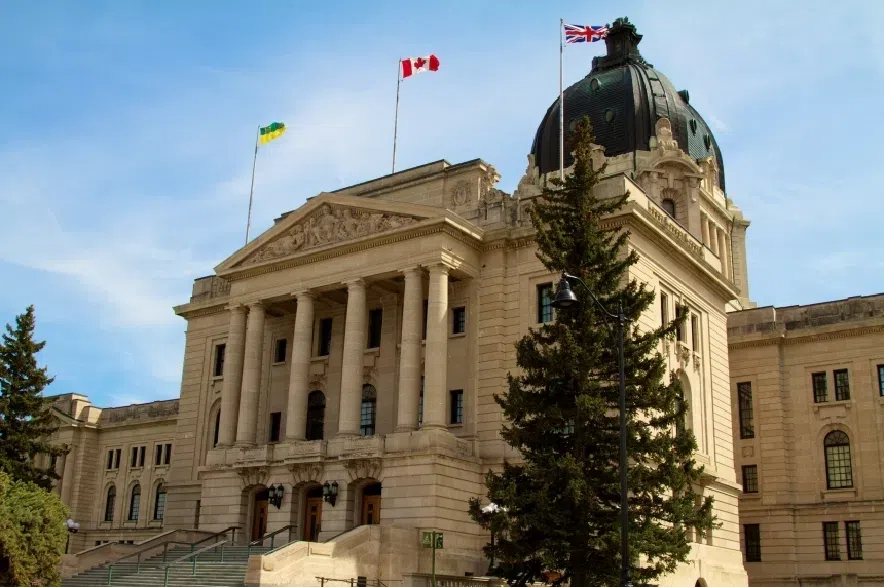The federal government’s proposed regulations around methane for the oil and gas industry are already drawing condemnation from the Government of Saskatchewan.
The proposed regulations aren’t due to be published in full until mid-December, but Steven Guilbeault, Canada’s environment minister, revealed part of Ottawa’s plan to cut emissions during a methane event at COP28, the United Nations’ climate change conference currently taking place in Dubai.
The proposed rules would implement a new target to cut the industry’s methane leaks and releases to 75 per cent of 2012 levels by 2030. The new regulations would essentially ask the industry to eliminate venting and flaring – the intentional burning of waste methane – with some exceptions for safety reasons.
Canada’s current regulations target a 40 to 45 per cent cut by 2025.
Guilbeault said he expects the implementation will cost Canada’s oil and gas industry about $15 billion between 2027 and 2040, but said it brings benefits as well.
“In the next few years, our methane regulations should result in an estimated $12 billion in avoided damages globally, not to mention the huge benefits on air quality and population health,” the environment minister said.
“Colleagues, this is one of the biggest opportunities we have to act quickly on climate.”
Guilbeault also announced the creation of a methane “centre of excellence” to improve reporting on emissions.
The Government of Saskatchewan, which has pushed back against Ottawa’s climate change policies with varying success, immediately condemned the proposed rules.
“This amounts to a production cap by default and is another instance of federal overreach and changing goalposts,” a government statement read. “It also violates the current equivalency agreement, which Saskatchewan signed with the federal government in 2020.”
The provincial government noted that Saskatchewan has reduced greenhouse gases – including methane – from upstream oil facilities by 60 per cent between 2019 and 2022, and still aims to meet the current target for 2025.
Jim Reiter, Saskatchewan’s energy and resources minister, called the proposed rules “another example of federal overreach,” and said they will lead to lower production, a drop in revenue for the province, and a reduced standard of living across the province.
Bronwyn Eyre, Saskatchewan’s justice minister, said the shifting targets will make the Canadian oil and gas industry less attractive for investors.
“These continually changing rules lead to investor uncertainty and allow countries with far less stable regulatory regimes to dominate the energy space,” Eyre said in the same statement.
“This latest unilateral federal action on methane targets specific provincial industries and infringes on our exclusive provincial jurisdiction over natural resources.”
In response, Eyre said the provincial government is considering “all possible options,” including referring the matter to Saskatchewan’s newly formed Impact Assessment Tribunal.
The proposed rules have also been condemned by Alberta Premier Danielle Smith, who said they would be “costly, dangerous, and unconstitutional.”
Methane accounted for about 14 per cent of Canada’s greenhouse gas emissions in 2021, with the oil and gas sector contributing roughly 40 per cent of that total.
— With files from The Canadian Press











